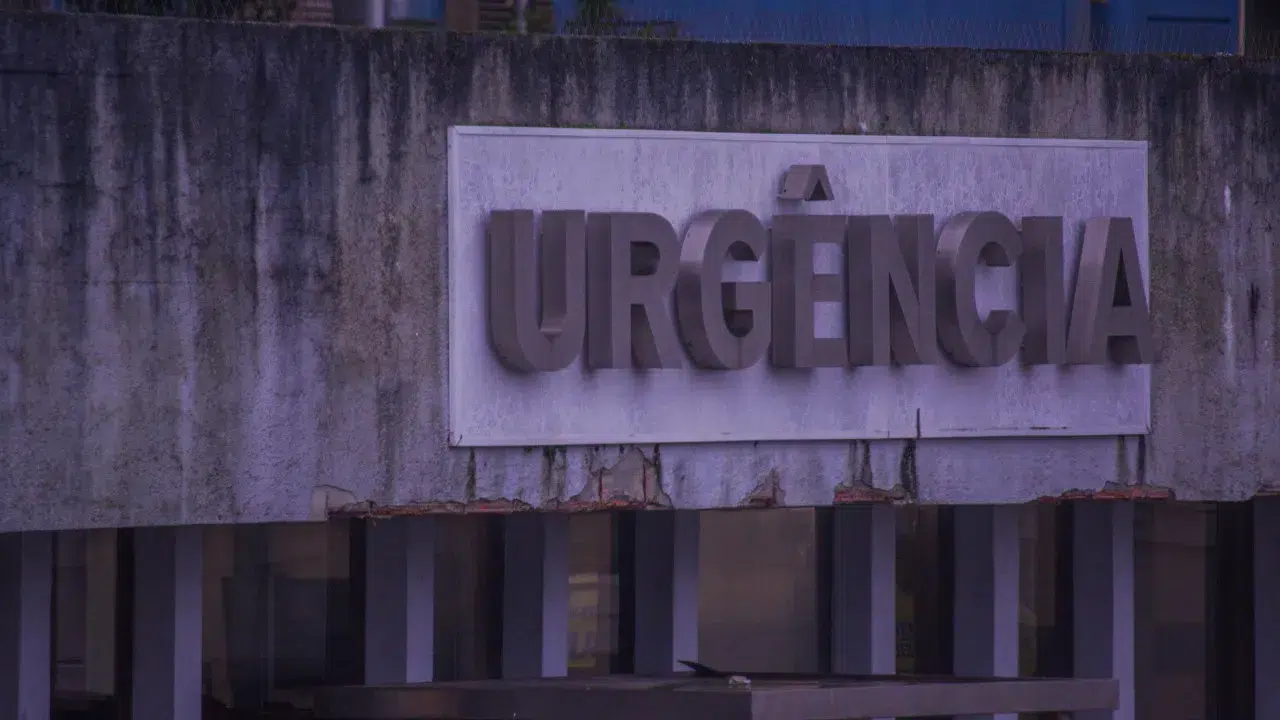
Fourteen confirmed cases of measles have been identified since January 2025, with one case in the Central region and thirteen in Lisbon and Tagus Valley. These cases are either imported or linked to imported cases, according to a report by DGS.
The DGS further informs that the confirmed cases include nine adults, aged between 20 and 40 years, and five children, aged between five months and six years. All individuals are reportedly in good clinical condition.
In 2024, there were 35 confirmed cases of measles following a two-year period with no reported cases.
The DGS emphasizes that Portugal has a high vaccination coverage for measles, reducing the likelihood of large outbreaks. However, it cautions that “the introduction of new cases can occur and promote dissemination in communities where vaccination coverage is not as high.”
The health authority stresses that “large-scale outbreaks are not expected.”
Despite consistently high adherence to measles vaccination in Portugal, a key factor in disease elimination and outbreak prevention, the DGS voices concern about growing vaccine hesitancy worldwide, which may increase the prevalence of vaccine-preventable diseases, including measles.
The DGS continuously monitors the epidemiological situation in Europe and globally, maintaining “close communication with healthcare professionals in Portugal, alerting them to the importance of maintaining a high degree of suspicion for all cases clinically compatible with the disease and ensuring timely reporting.”
“Whenever there is a change in the current epidemiological profile of measles, there will be regular updates on potential identified cases, particularly through the publication of epidemiological bulletins, as was done with the reactivation of measles-related bulletins in 2024,” it notes.
The 2024 Annual Vaccination Summary by the National Vaccination Program of the DGS shows that the vaccination coverage for the first dose of the measles, mumps, and rubella (MMR) vaccine was 98% for children who completed two years of age in 2021.
The DGS underlines that protecting the population relies on maintaining high vaccination coverage, stressing the need for continuous adherence to the National Vaccination Program.
“Vaccines are safe and the most effective way to protect against vaccine-preventable diseases,” the DGS affirms.
Measles typically presents with high fever, cough, runny nose, and/or conjunctivitis, followed by a characteristic rash that spreads across the body a few days later.
“Although most cases progress without complications, the disease can cause serious issues like pneumonia, encephalitis, and even death, which are more common in unvaccinated individuals,” the Health Authority states.
The DGS urges people to contact the SNS24 line (808 24 24 24) if they suspect measles infection.




